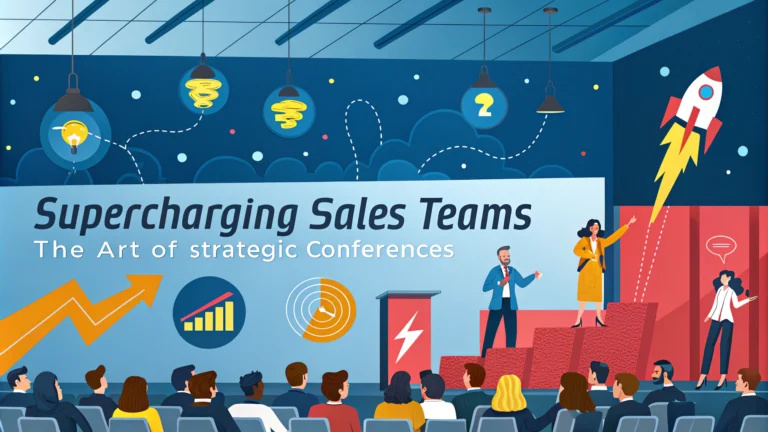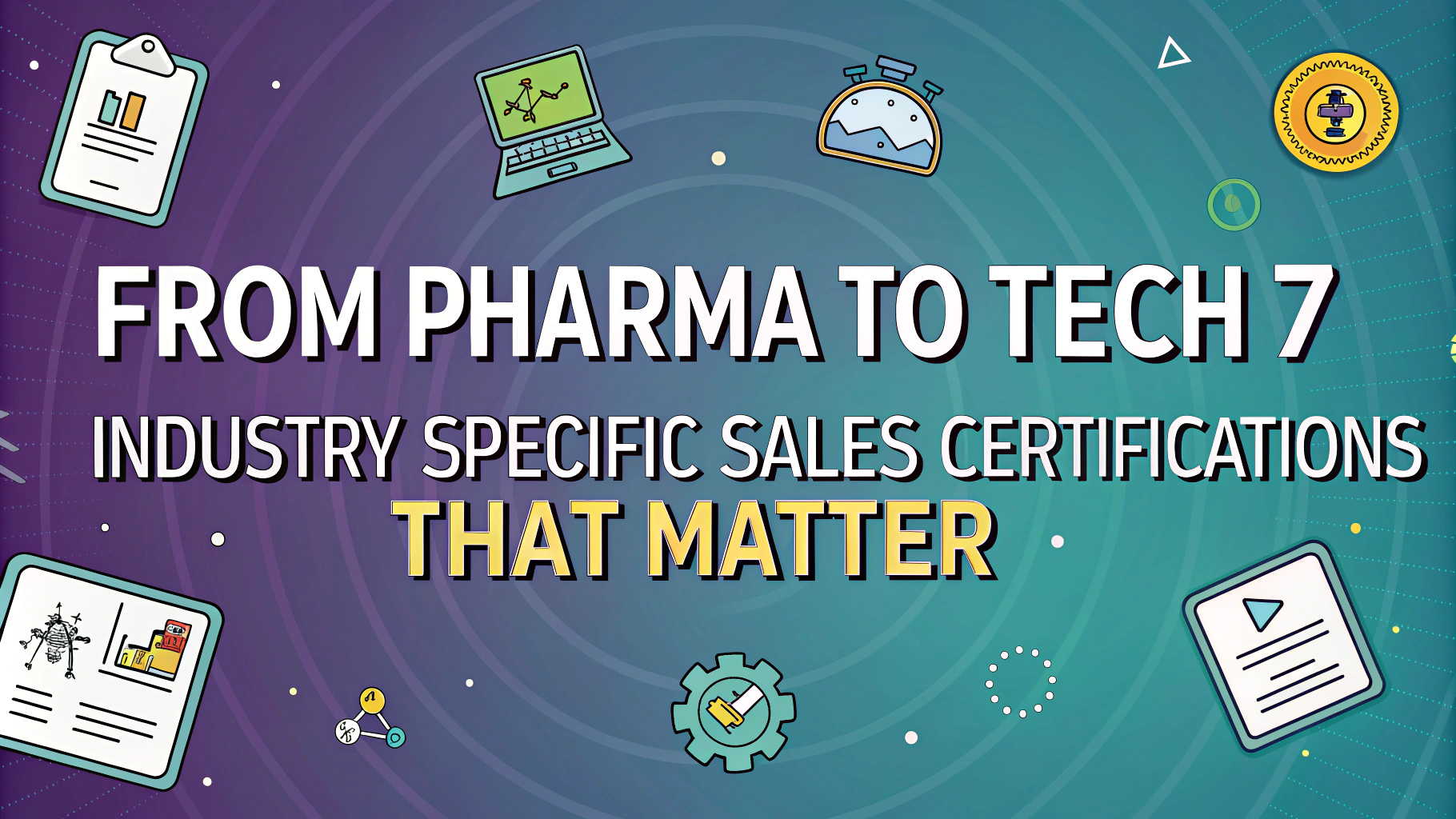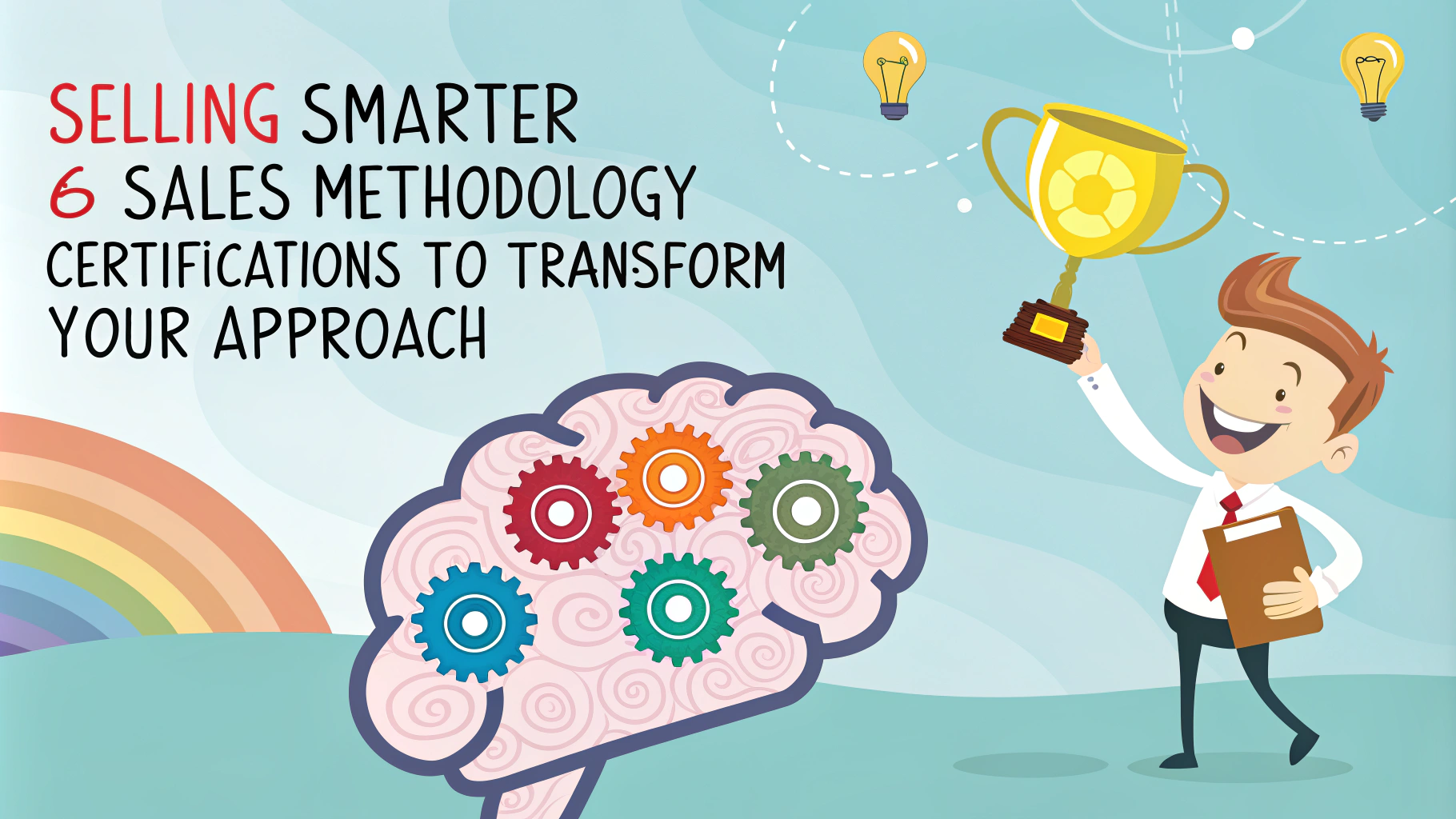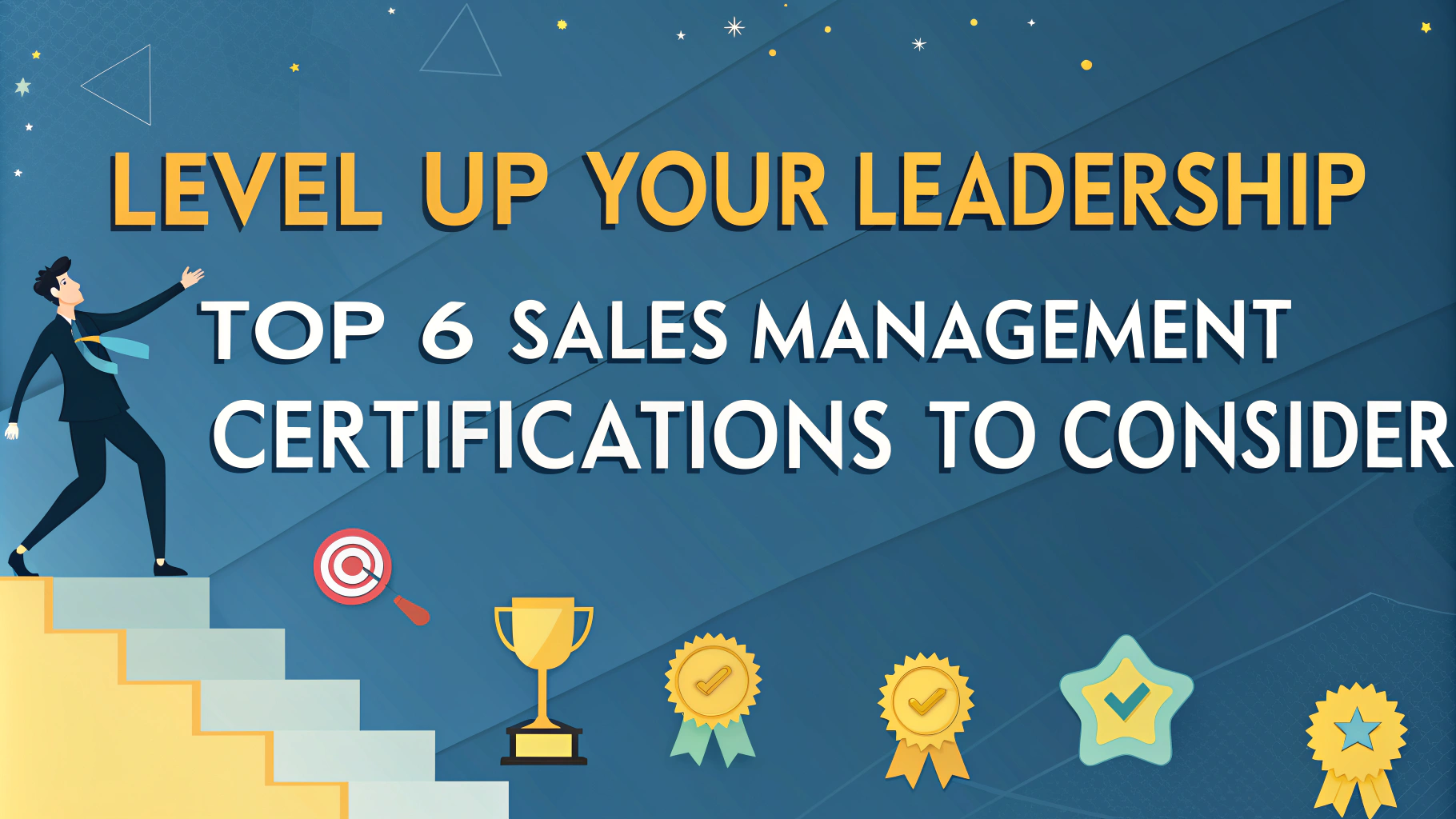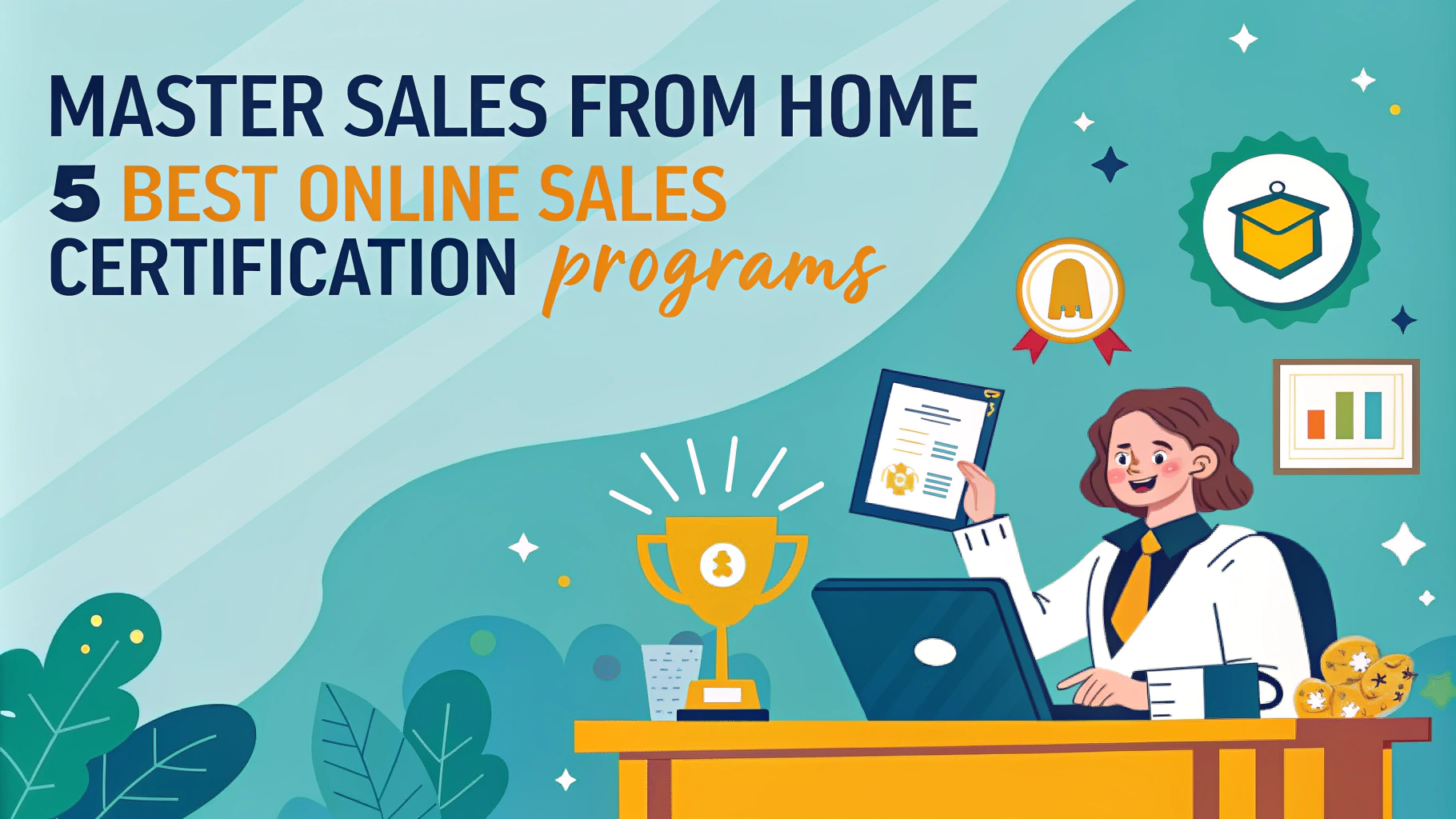Sales conferences offer valuable opportunities for professionals to enhance their skills, network with peers, and stay updated on industry trends.
This guide explores key strategies to make the most of these events, from preparation to post-conference follow-up.
By implementing these tactics, sales teams can significantly boost their performance and drive business growth.
Preparing for a Sales Conference
Thorough preparation is crucial for maximizing the benefits of a sales conference.
Start by researching the event agenda, speakers, and attendees to identify sessions and networking opportunities that align with your goals.
Set clear objectives for what you want to achieve during the conference, whether it’s learning new techniques, making industry connections, or exploring potential partnerships.
Create a schedule that balances educational sessions, networking events, and personal time for reflection and follow-up.
Prepare your elevator pitch and business cards to make a strong impression during networking opportunities.
Maximizing Learning Opportunities
To get the most out of educational sessions, arrive early and choose a seat where you can fully engage with the presenter and other attendees.
Take detailed notes, focusing on actionable insights and strategies you can implement in your sales process.
Participate actively by asking questions and contributing to discussions, which can enhance your learning and help you stand out to potential connections.
Consider using a note-taking app or voice recorder to capture key points for later review.
After each session, take a few minutes to summarize the main takeaways and brainstorm how you can apply them to your work.
Effective Networking Strategies
Networking is a critical component of sales conferences, offering opportunities to build valuable relationships and learn from peers.
Approach networking with a genuine interest in others, asking thoughtful questions about their experiences and challenges.
Be prepared to share your own insights and experiences to contribute to meaningful conversations.
Utilize social media platforms like LinkedIn to connect with attendees before, during, and after the conference.
Attend social events and informal gatherings, as these often provide more relaxed settings for building connections.
Leveraging Technology at Conferences
Modern sales conferences often incorporate technology to enhance the attendee experience and facilitate networking.
Familiarize yourself with the conference app, if available, to access schedules, speaker information, and networking features.
Use social media platforms to engage with conference hashtags, share insights, and connect with other attendees.
Consider using QR codes or digital business cards for quick and easy information exchange.
Explore virtual reality or augmented reality demos if offered, as these can provide immersive learning experiences.
Post-Conference Action Plan
The true value of a sales conference often emerges in the weeks and months following the event.
Review your notes and create an action plan to implement key learnings in your sales process.
Follow up with new connections promptly, referencing specific conversations to maintain the relationship.
Share key insights and takeaways with your team, potentially through a presentation or written report.
Set specific goals based on conference learnings and track your progress over time.
Conclusion
Sales conferences present invaluable opportunities for professional growth and business development.
By approaching these events with a strategic mindset and implementing the tactics outlined in this guide, sales professionals can significantly enhance their skills and expand their network.
Remember that the true measure of a conference’s success lies in the application of new knowledge and relationships to drive tangible results in your sales performance.
FAQs
- What key elements make a sales conference strategically effective?
A strategic sales conference should include clear objectives, targeted networking opportunities, skill-building workshops, product knowledge sessions, motivational speakers, and measurable success metrics. - How far in advance should a sales conference be planned?
Planning should begin 6-12 months before the event to secure venues, speakers, arrange logistics, and allow sales teams to adjust their schedules accordingly. - What ROI metrics should be tracked for sales conferences?
Key metrics include post-conference sales performance, implementation of learned strategies, customer acquisition rates, team engagement levels, and cost per attendee versus revenue generation. - How can virtual elements be integrated into traditional sales conferences?
Virtual elements can include hybrid sessions, digital networking platforms, mobile apps for engagement, virtual breakout rooms, and recorded content for future reference. - What are the most effective team-building activities for sales conferences?
Effective activities include sales role-playing exercises, competitive team challenges, collaborative problem-solving sessions, industry-specific simulations, and structured networking events. - How should conference content be tailored for different sales roles?
Content should be segmented into tracks for different roles (field sales, inside sales, sales management) with specific focuses on relevant skills, tools, and strategies for each position. - What technology tools are essential for modern sales conferences?
Essential tools include conference apps, digital scheduling platforms, audience response systems, CRM integration capabilities, and networking facilitation software. - How can conference learning be reinforced post-event?
Post-event reinforcement includes follow-up materials, implementation workshops, mentoring programs, digital resource libraries, and scheduled check-ins on goal progress. - What makes an effective keynote speaker for sales conferences?
Effective keynote speakers should have proven sales expertise, relevant industry experience, engaging presentation skills, actionable insights, and the ability to motivate and inspire sales teams. - How can conferences address different experience levels within sales teams?
Conferences should offer tiered content tracks, mentorship opportunities, specialized workshops for different experience levels, and customized learning paths for beginners through advanced professionals.

